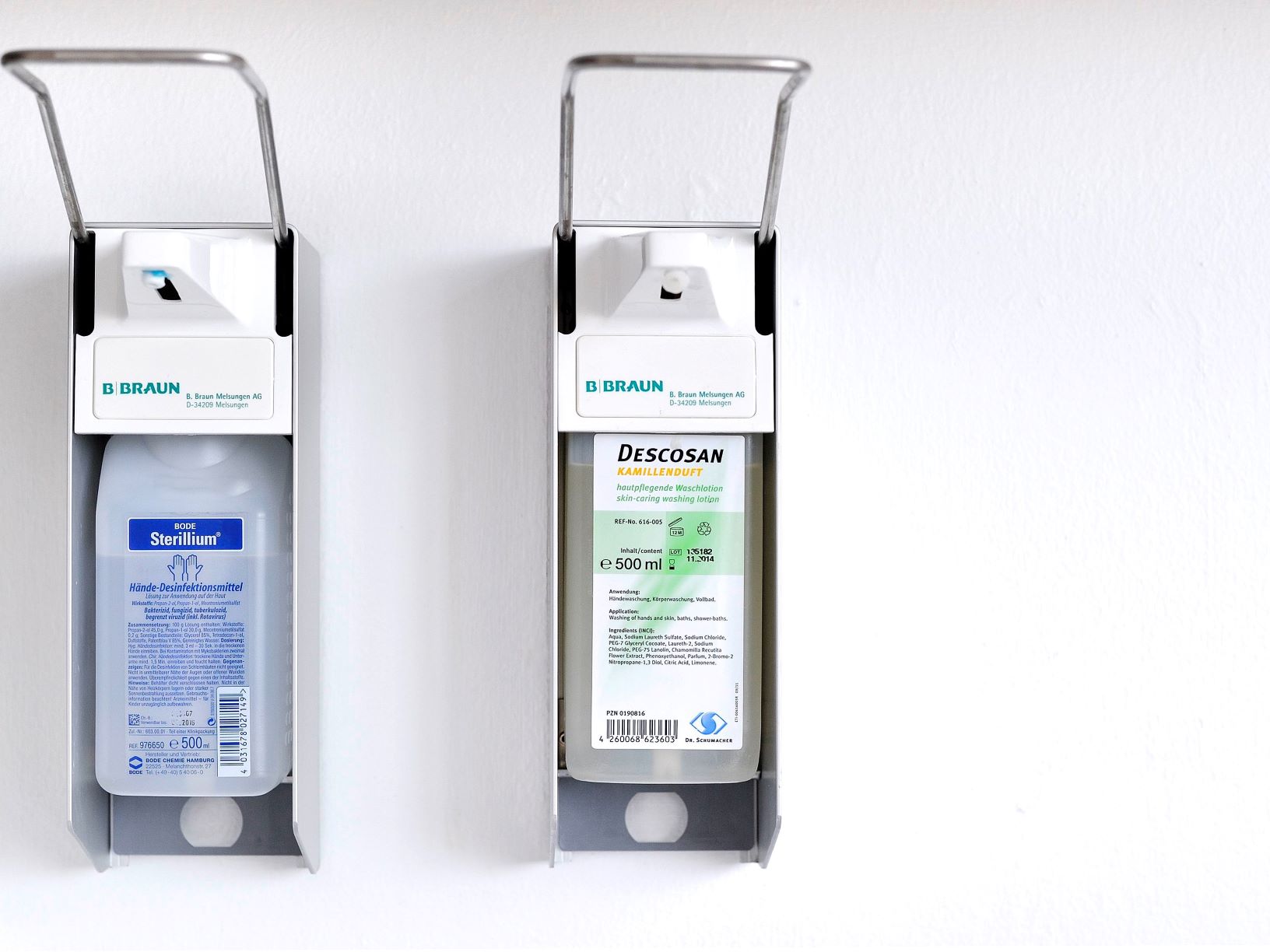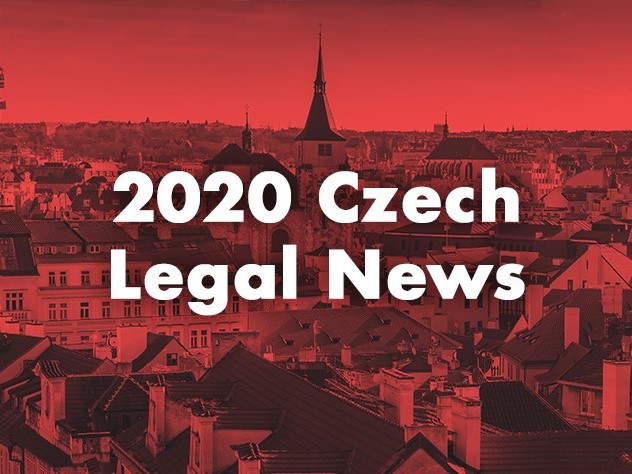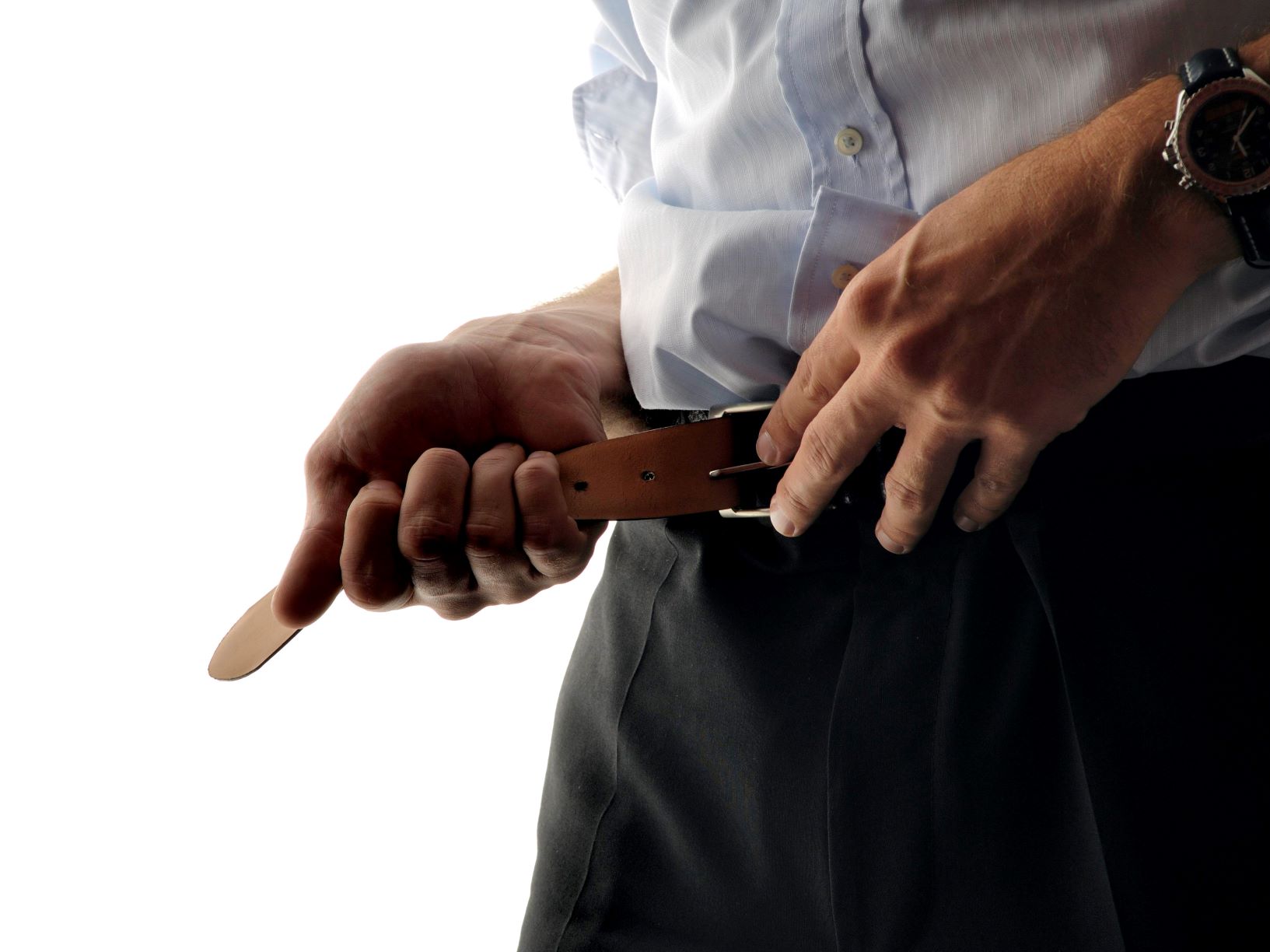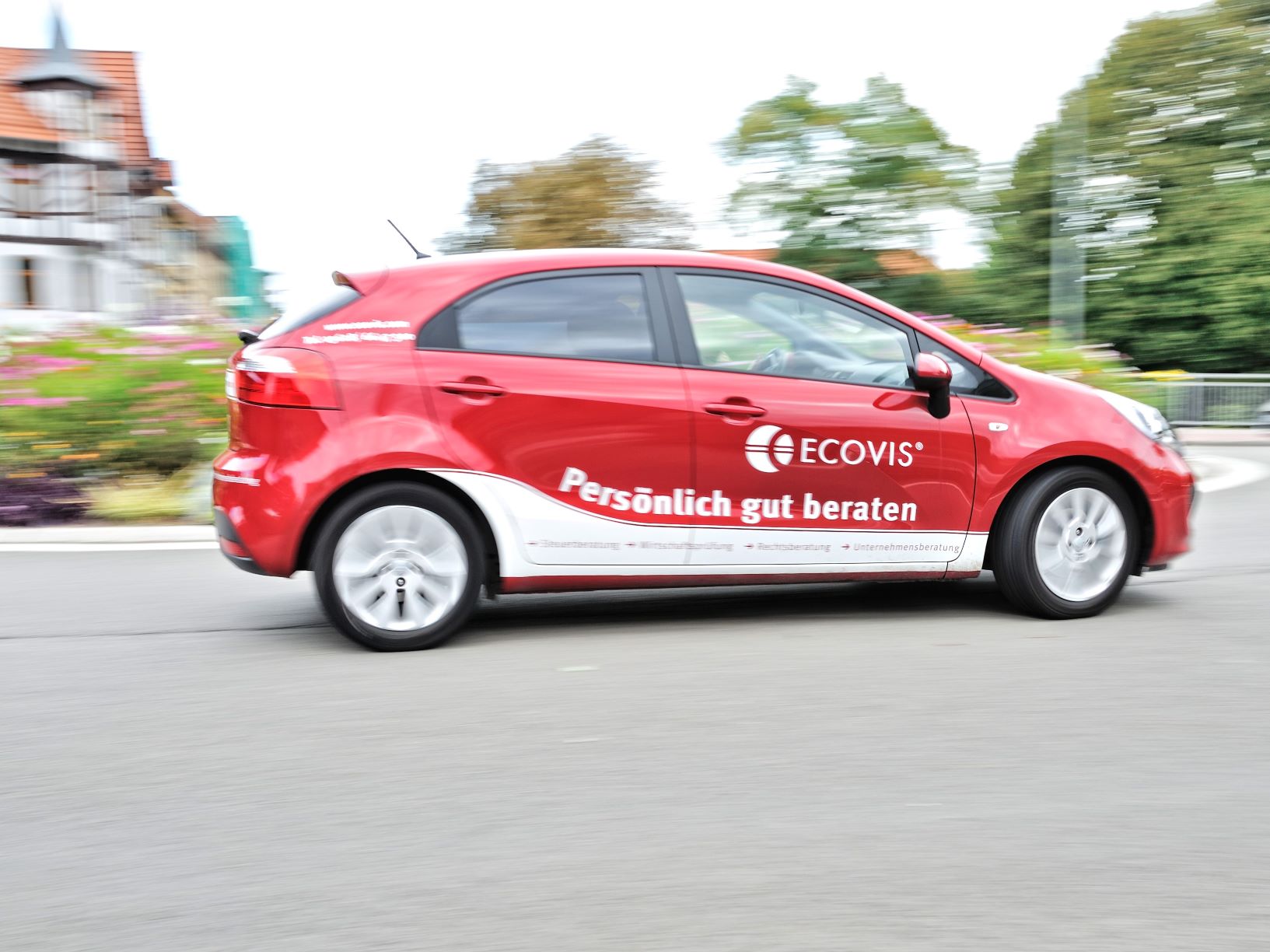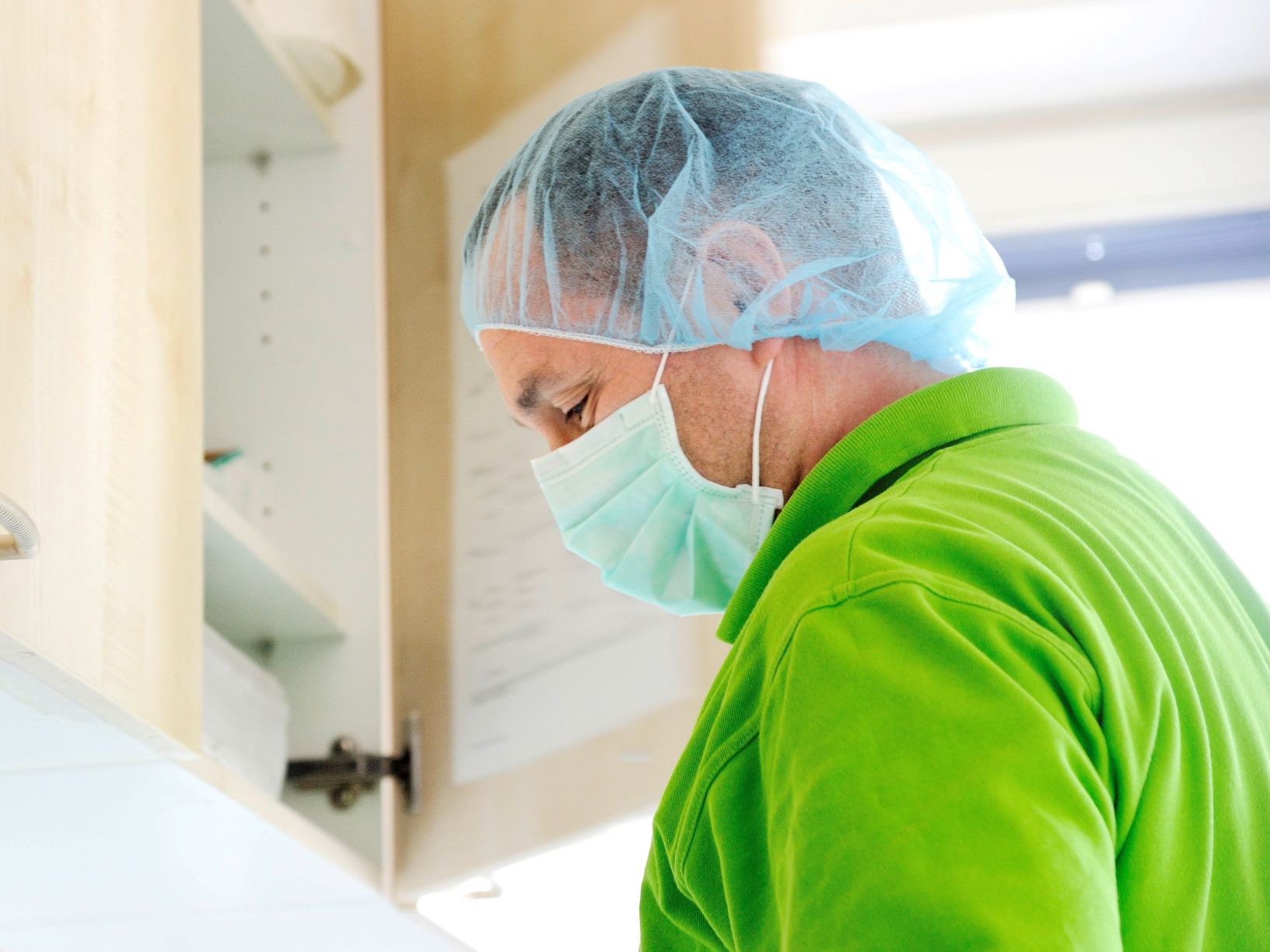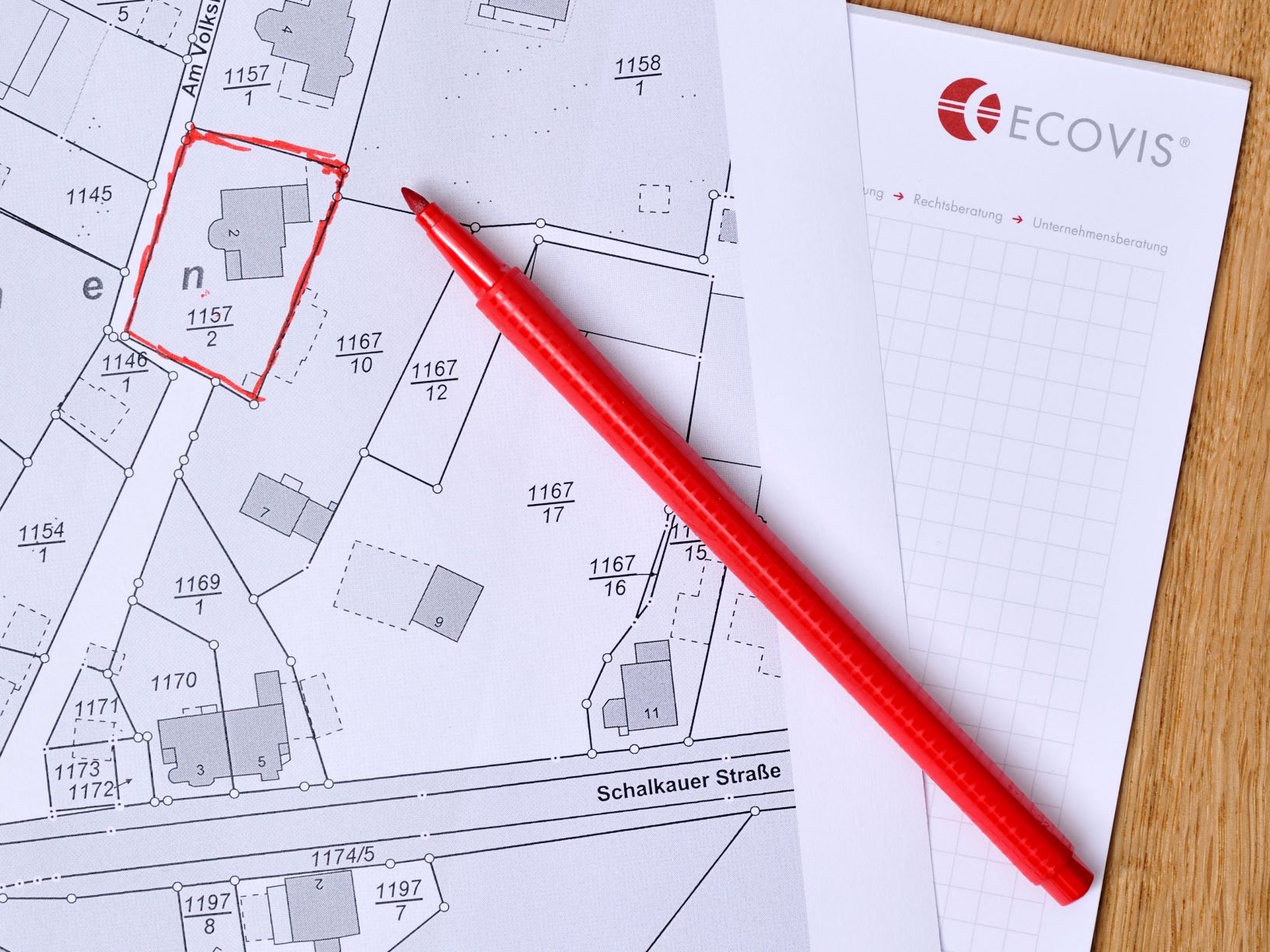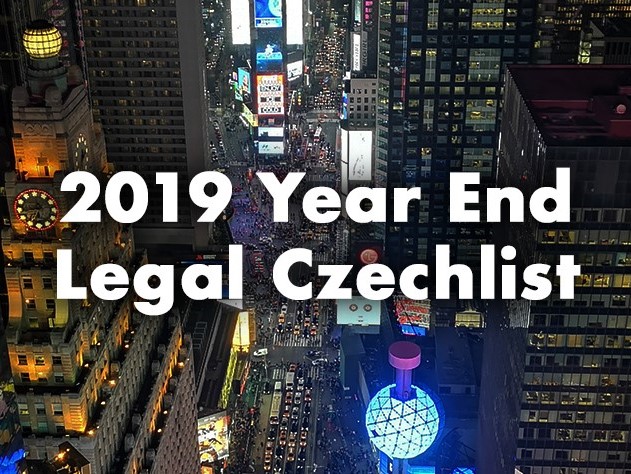Change in the legal regulation of the cultivation and distribution of cannabis in the Czech Republic
Amendment to the Addictive Substances Act with effect from 1.1.2020
On 1.1.2022 Act No. 366/2021 Coll., which considerably amends Act no. 167/1998 Sb., Addictive Substance Act and some others laws, will come into effect. The consequence of this amendment will be, on the one hand, a relaxation of legal restrictions on the disposal of certain categories of cannabis and, on the other hand, a liberalisation of the medical cannabis market, which in its totality should lead to a greater availability (according to the legislators) of less dangerous forms of cannabis in society.
Definition of medicinal cannabis
At the outset, it is worth pointing out that the amendment in question defines new concepts in Section 2 of the Addictive Substances Act relating specifically to the more detailed regulation of the cultivation and distribution of cannabis. Medicinal cannabis thus means "cannabis that is intended by the producer to be used for a therapeutic purpose in humans or to be processed for that purpose“ and " medicinal cannabis plant means a plant of the genus Cannabis that is cultivated for the purpose of producing cannabis for medicinal use".
Definition of a technical cannabis plant
A technical cannabis plant is on the contrary "a plant of the genus Cannabis from which hemp containing not more than 1 % of substances of the tetrahydrocannabinol group (substances better known to the general public by the abbreviation 'THC') can be obtained or derived from seed of varieties listed in the Common Catalogue of Varieties of Agricultural Plant Species, and technical hemp from a technical hemp plant". Farmers and gardeners cultivating cannabis plants for purposes other than the use of their intoxicating effects on the human body will therefore no longer have to prove that the THC content of any of them does not exceed the legal limit, but it shall be sufficient to prove the origin of the plants used (i.e. that they come from seeds of varieties listed in the aforementioned European catalogue).
Closely related to this is the implicit increase in the maximum permitted percentage of THC in cannabis from 0,3 % to 1 %. Where the Addictive Substances Act previously exempted cannabis with a THC content of no more than 0.3% from public regulation, the amendment speaks oftechnical cannabis and relatedplants, which, by definition, have up to 1% THC (or, alternatively, are given by the European catalogue, so they could theoretically contain an even higher proportion of THC). The amendment should provide relief for the farmers and gardeners mentioned above, who are unable to influence the amount of THC in cannabis plants, which in good weather often exceed 0,3 % THC through no fault of their own.
Industrial, food, cosmetics, technical or horticultural purpose of handling of cannabis without a license
From now will be no longer required to obtain a permit or license from a state authority to handle technical cannabis or its plants "in particular for industrial, food, cosmetic, technical or horticultural purposes" (§ 5 odst. 5 Act about addictive substance), to grow them [§ 24 odst. 1 písm. a)], export [§ 20 odst. 2 písm. e)] or import [§ 21 odst. 2 písm. d)] Waste from cannabis cultivation does not have to be disposed of as hazardous waste (§ 14 odst. 4). However, in order for the public authorities to keep track of at least large growers, legislator put a new §29b which provide a special reporting obligation for persons which operate on areas bigger than 100 m2. Those persons must report to the local customs office, in particular, the area of land sown and an estimate of the area of land on which parts of that land the plants have been harvested or disposed of the quantity of industrial cannabis harvested.
At the same time amendment itself explicitly excludes the substances cannabis extract and tincture with maximum contents of 1% THC directly from category of addictive substances Pursuant to the provisions 2 para. 1 (a) Addictive substances Act, as well as liquid and mixtures containing the substance in question from the concept of preparations referred to in point (b) therein. In our opinion this is a rather unconceptual solution from legislative technique point of view, since addictive substances, including cannabis extract and tincture, are comprehensively regulated in Government Regulation No. 463/2013 Coll., on the lists of addictive substances whereas this exemption is established by law.
License to cultivate cannabis plants for medicinal
The focus of the amendment to the Addictive Substances Act is to change the method of determining the entities that will be allowed to cultivate cannabis plants for medicinal use (hereinafter referred to as "MCMP). According to both the existing and the new legislation, only a legal entity or an entrepreneurial natural person who has been granted a license by the State Institute for Drug Control (hereinafter referred to as "SÚKL") may cultivate these plants. license to cultivate RKLP and which holds authorization to handle addictive substances issued by the Ministry of Health. However, the current wording of the Act on Addictive Substances stipulates in Section 24a that a license for cultivation may only be granted to supplier selected by the SÚKL itself also defines the area on with the RKLP will be cultivated. In accordance with Section 24b in force today, the person who has been granted the license is then obliged to transfer the cultivated cannabis exclusively to SÚKL in the form of a purchase contract at a price which may not be higher than the price offered in the tender procedure. We could therefore conclude that the current state of affairs is essentially based on the principles of central planning, where the winner of the tender will effectively have a monopoly on the cultivation of medicinal cannabis in Czech Republic.
The system effective from 1 January 2022, on the other hand, is based on market principles and assumes the operation of multiple competing growers, from which the legislators expect the price of medical cannabis to fall. Thus, according to § 24b (2) of the Act on Addictive Substances, after the amendment, it stipulates that SÚKL shall grant a license for cultivation of RKLP to any legal or entrepreneurial natural person "on application, subject to the conditions laid down in this Act" . The application must then, in accordance with paragraphs 3, 4 and 5, contain (in addition to the general requirements):
1. the total area of the cultivation facility,
2. identification of the land on which the cultivation facility is located in the land register,
3. the size of the area in where the RLKP are to be grown;
4. declaration of compliance with the conditions of good cultivation practice,
5. proof of the legal ground for the use of the grow room, or the consent of its owner,
6. proof of the impeccableness of the applicant or persons acting on the applicant's behalf,
7. proof of deposit for reimbursement of expenses for professional acts (more detailed in § 24f and § 24g), which must be undertaken by SÚKL in connection with the application procedure and which are paid by the applicant;
8. the applicant's internal rules for the cultivation of RKLP, where, for example, the method of access to the cultivation facility or the handling of RKLP must be defined,
9. documents proving the technical readiness of the applicant to grow the RACP; and
10. photo documentation of the rooms of the cultivation facility and the equipment used for growing, storing and processing RKLP (i.e. the applicant must already have a cultivation facility at the time of application).
Based on Section 24c of the Act on Addictive Substances, as amended, the SÚKL is obliged to decide on the granting of a license within 30 days of the submission of the application, and must inspect the cultivation facility before granting it. As with the previous regulation, the license is granted for a maximum period of Five years and does not pass to a legal successor, but it can be extended (even repeatedly), again for a maximum period of 5 years. In order for the SÚKL to extend the licence, the person must submit a new application no later than 6 months before the expiry of the licence, which should only include proof of payment of the deposit for reimbursement of expenses for professional acts and the applicant's "an affidavit that there have been no changes in relation to the conditions under which the licence was granted." A person cultivating RKLP is also obliged to apply to SÚKL for a change of licence in case of a change of its name, registered office or legal form, or in case of changes in the above-mentioned points 1., 2. and 3.
We are then somewhat inconsistently impressed by § 24(c)(7), which states that [i]f a license ... expires pursuant to § 24e(4)(c), the person who held the license may apply for a new license ... not earlier than two years after the effective date of the revocation decision." § Section 24e(4)(c) provides that the reason for the termination of a license is the withdrawal of the license by the SÚKL. This would not be special in itself if section 24b(8) did not already provide that the SÚKL "shall reject an application for a license ... submitted by an applicant whose license ... has been withdrawn, unless at least one year has elapsed from the date of the legal force of the decision to withdraw the license." The legislator has thus, apparently as a result of inattention (caused by numerous amendments), set two different time limits within one law for essentially the same thing, i.e. the possibility of obtaining a new license. Even in view of the newly inserted sentences in Section 8(10), which comparatively speak about the right of a person to apply for a license from the Ministry of Health for the handling of addictive substances and preparations only after two years have elapsed from the legal force of a final decision on its previous revocation, we are of the opinion that the longer period, i.e. two years, logically applies (since the SÚKL may issue a license after one year, but the applicant cannot apply for it before two years anyway). Nevertheless, a possible legislative correction in the interests of legal certainty would be appropriate.
According to Section 24d of the Act on Addictive Substances, as amended, persons who are granted a license to cultivate RKLP are obliged to ensure the cultivation of RKLP, production of cannabis, security of the cultivation facility, logging of activities related to the cultivation, harvesting and processing of RKLP, to dispose of plant waste at their own expense in a specified manner and to fulfil other obligations arising from the legislation. This includes, for example, the reporting obligation laid down in Section 29a, according to which such persons must regularly report to the SCL and the Ministry of Health the quantity of harvested RKLP and the quantity of plant waste produced and disposed of.
Pursuant to Section 24e(4), a cultivation license may be terminated in the following ways:
a. on expiry of the period for which it was issued,
b. final withdrawal by SÚKL,
c. final cancellation by SÚKL,
d. termination or death of the licensee,
e. if, within 90 days of its granting, the applicant does not obtain a permit for the disposal of addictive substances and preparations issued by the Ministry of Health; or
f. the expiry of the authorization to handle addictive substances and preparations.
The difference between revocation and cancellation of a license is defined in section 24e(1) and (2). The SÚKL shall revoke a license if a person cultivating RKLP commits a specific administrative offence under the Act on the Management of Addictive Substances, more precisely if he commits an offence with a ceiling of at least CZK 10 million, if he commits more than one offence or if he commits only one offence but more than once. In contrast, the SÚKL revokes a license if the person ceases to carry out the activity for which it was granted, as the license holder is legally obliged to ensure the cultivation of RKLP [§ 24d(a)]. In doing so, if the license (in any way) ceases, the (former) grower must dispose of the plant waste within 30 days of the license ceasing in accordance with section 24e(5).
Finally, we would like to add that the amendment also made other changes to the Addictive Substances Act, the only one of which, which is directly related to the issue under analysis, can be considered to be the determination of additional conditions under which the Ministry of Health has the discretionary power to deny a person a permit to handle addictive substances and preparations. According to Section 8(1), in addition to the failure to meet the conditions required by the Act, this may also be a conflict of the intended purpose of handling addictive substances with Section 2(3) of the Addictive Substances Act (which provides that certain categories of addictive substances may be used only for limited purposes, e.g. scientific or research purposes), as well as a conflict with the public interest protected by this Act or a conflict with an international treaty governing the handling of addictive substances to which the Czech Republic is bound. It is the latter condition that the legislator inserted into the text, presumably in order to ensure that the increase in the availability of cannabis does not result in a breach of the Czech Republic's international obligations and a conflict with Article 1(2) of the Constitution.
For more information, contact us at:
JUDr. Mojmír Ježek, Ph.D.
ECOVIS ježek, advokátní kancelář s.r.o.
Betlémské nám. 6
110 00 Praha 1
e-mail: mojmir.jezek@ecovislegal.cz
www.ecovislegal.cz
About ECOVIS ježek advokátní kancelář s.r.o.
The Czech law office in Prague ECOVIS ježek practices mainly in the area of Czech commercial law, Czech real estate law, representation at Czech courts, administrative bodies and arbitration courts, as well as Czech finance and banking law, and provides full-fledged advice in all areas, making it a suitable alternative for clients of international law offices. The international dimension of the Czech legal services provided is ensured through past experience and through co-operation with leading legal offices in most European countries, the US, and other jurisdictions. The Czech lawyers of the ECOVIS ježek team have many years of experience from leading international law offices and tax companies, in providing legal advice to multinational corporations, large Czech companies, but also to medium-sized companies and individual clients. For more information, go to www.ecovislegal.cz/en.
The information contained on this website is a legal advertisement. Do not consider anything on this website as legal advice and nothing on this website is an advocate-client relationship. Before discussing anything about what you read on these pages, arrange a legal consultation with us. Past results are not a guarantee of future results, and previous results do not indicate or predict future results. Each case is different and must be judged according to its own circumstances.


